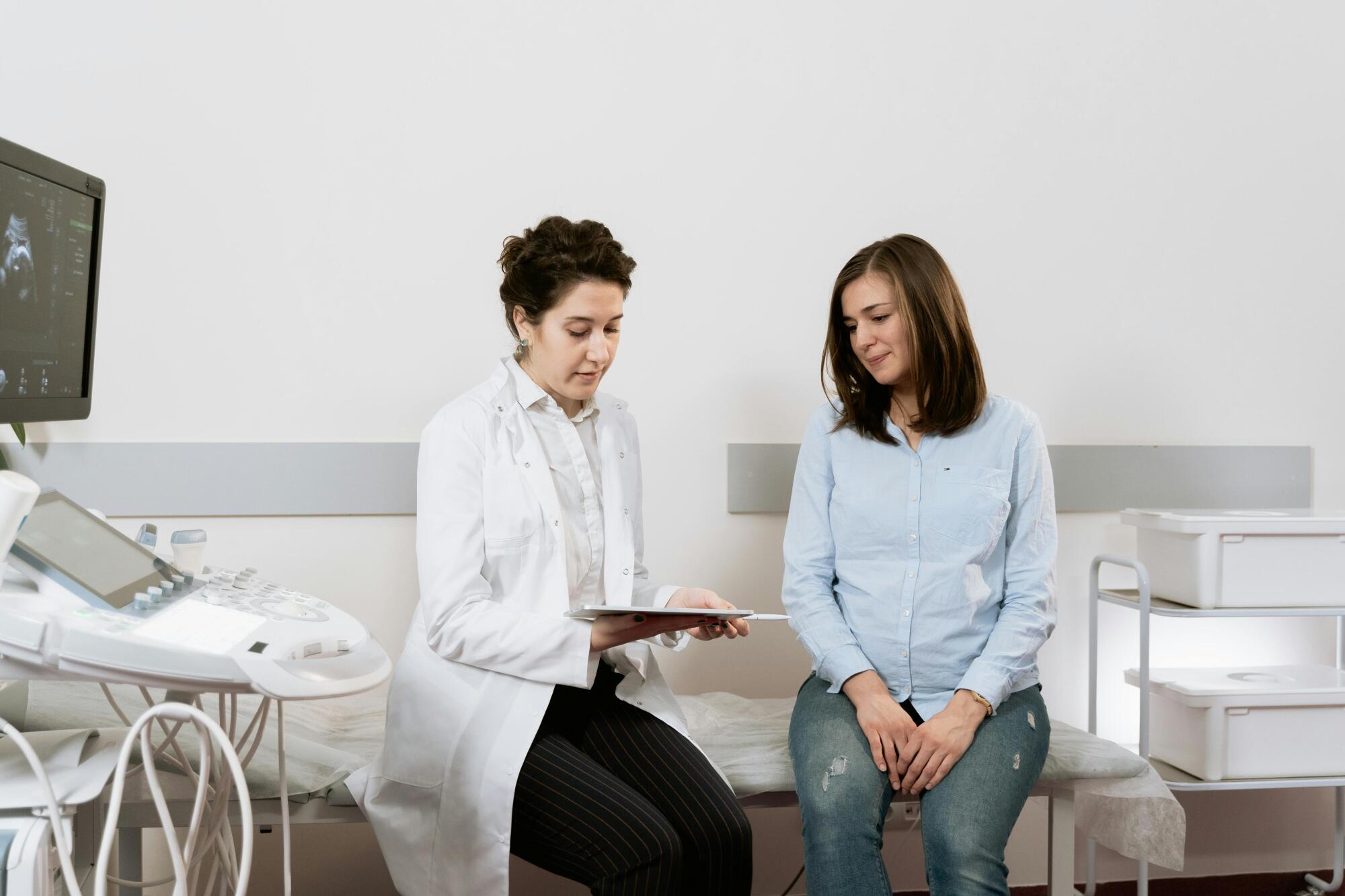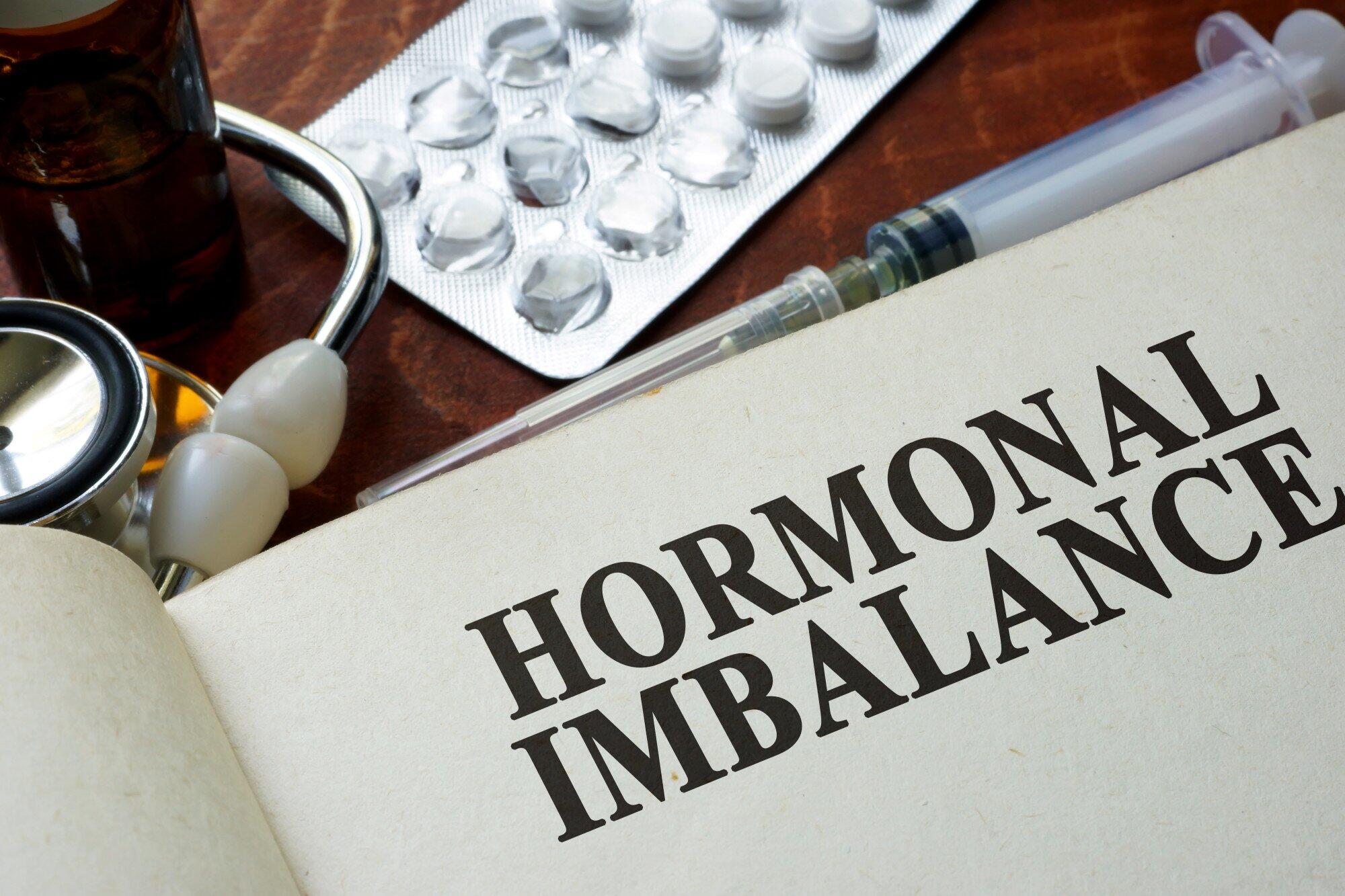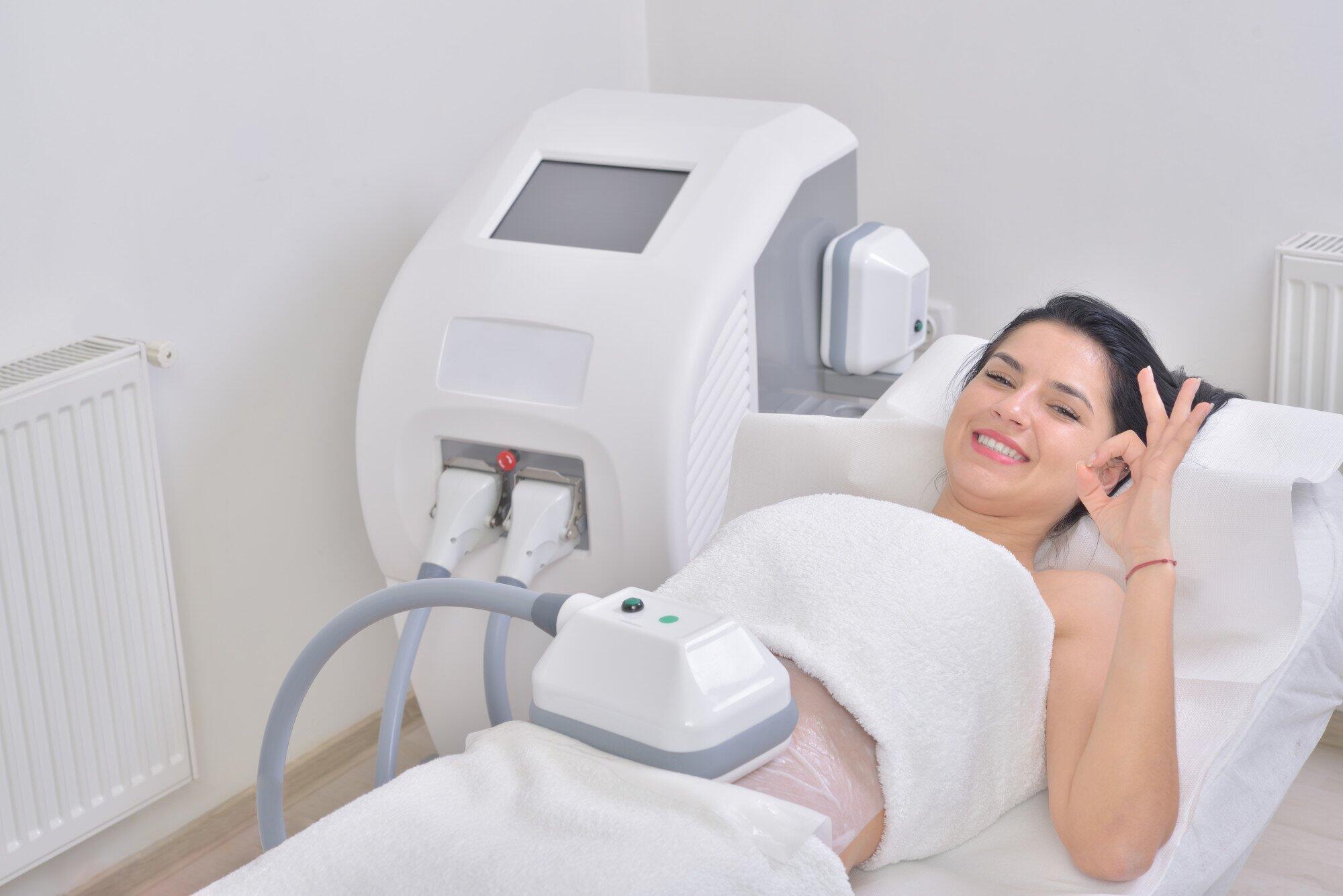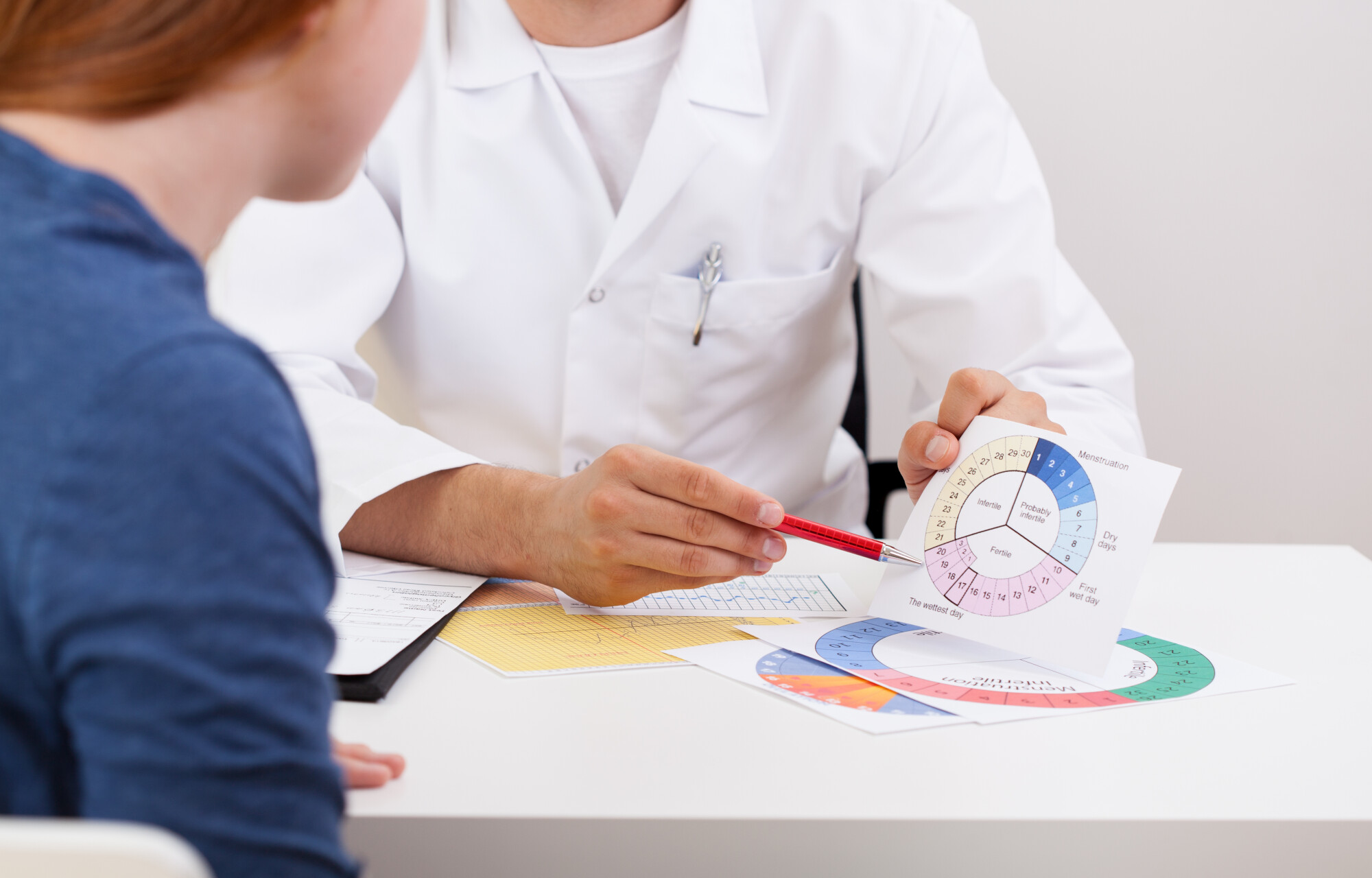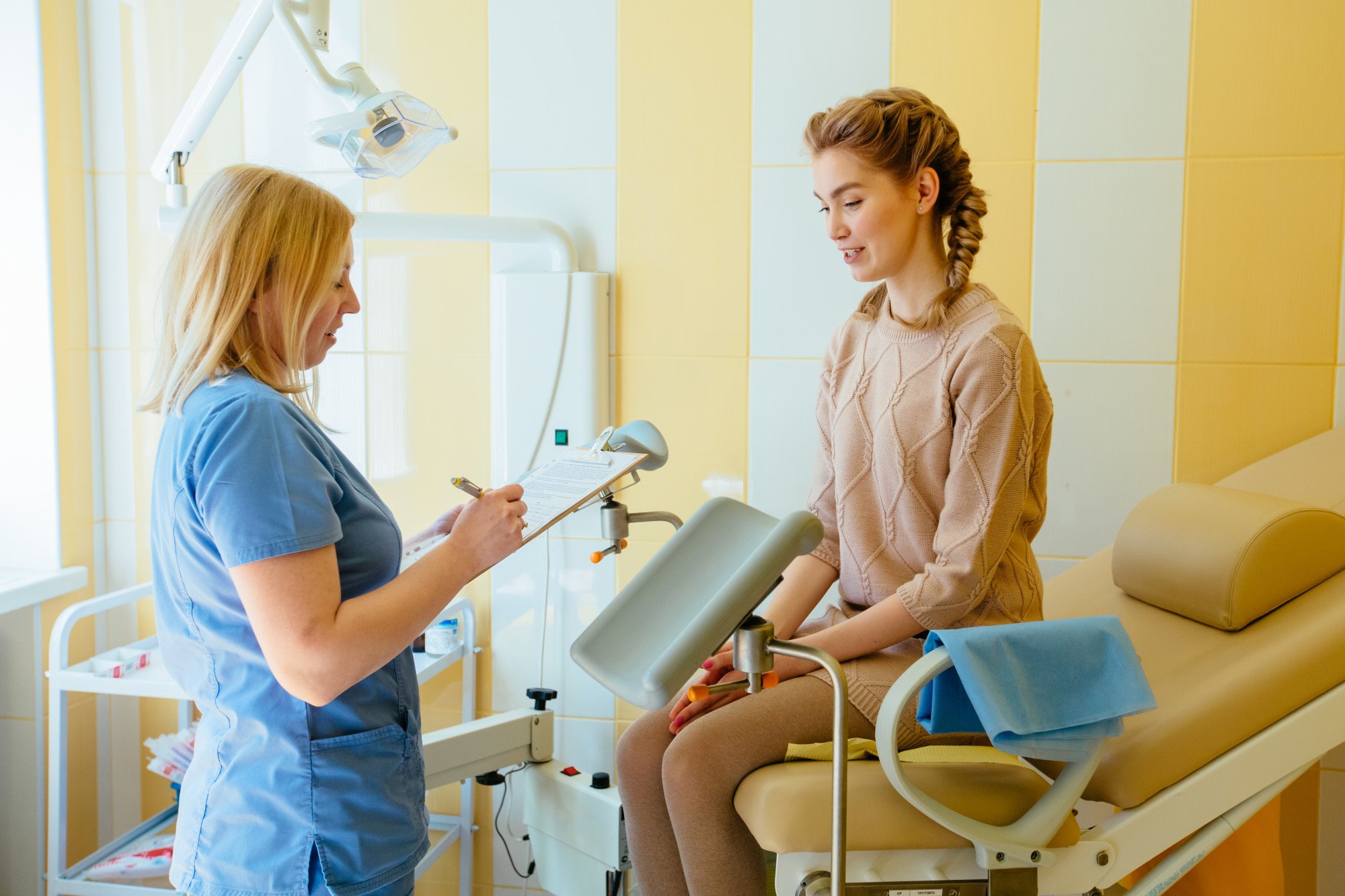7 Essential Gynecology Tips for Women
In today’s fast-paced world, prioritizing one’s health can often take the backseat. For women, neglecting sexual and reproductive health can lead to dire consequences.
Seven in ten women visit their doctors for sexual and reproductive care at least once every year. However, there are more ways to ensure optimal women’s care, from routine check-ups to healthy lifestyle practices.
If you want to be more proactive with your health, you’re in the right place. This article covers seven essential steps to help you better understand gynecology and empower you to take charge of your reproductive health. Read on to learn more.
1. Schedule Regular Gynecology Check-ups
Regular visits to your gynecologist are crucial in maintaining your reproductive health. These check-ups help in detecting and preventing potential gynecological issues such as cervical cancer and sexually transmitted infections early on.
Annual Gynecology Exams
Aim for at least one complete gynecological exam per year. These exams should include a Pap smear, pelvic exam, and breast exam.
Discuss Concerns
Use this time to discuss any changes or concerns you may have. Don’t be afraid to bring up issues like irregular periods, unusual discharge, or pain.
Maintain a health journal to monitor any symptoms or concerns you encounter. This may include abnormal discharge or discomfort during urination. Taking note of this information can help your gynecologist understand your needs during your visit.
2. Practice Safe Sex
Safe sex is a cornerstone of gynecological health. This reduces the risk of STIs, which, if unchecked, can result in serious health problems.
- Use Condoms: Always use condoms with new partners to protect against STIs
- Get Tested: Regular STI testing is important, especially if you have multiple partners
- Vaccination: Consider getting vaccinated for HPV, a virus connected to cervical cancer
Have an open and honest conversation with your partner about sexual health and STI testing before becoming sexually active. Knowing that you and your partner have good sexual health can ease worries about STIs and STDs.
3. Maintain a Balanced Diet
Your diet has a direct impact on your gynecological health. Certain nutrients can help manage menstrual symptoms and support reproductive health. Having a balanced diet can also help reduce the risk of reproductive health conditions such as polycystic ovary syndrome (PCOS).
- Eat Healthy Food: These include fruits, vegetables, proteins, and whole grains.
- Iron and Calcium: Ensure you’re getting enough iron and calcium, which are crucial for menstrual health.
- Hydrate: Drink plenty of water to keep your body in tip-top shape.
Sometimes, it can be difficult to get essential nutrients from diet alone. It’s worth looking into which vitamins are best for reproductive health. Your gynecologist can also suggest useful women’s health tips to further improve your reproductive health.
4. Stay Active
Regular and consistent exercise can help regulate your menstrual cycle. It also reduces symptoms of PMS and improves mood and energy levels. Staying active can also help reduce the risk of conditions like polycystic ovary syndrome (PCOS).
- Exercise Regularly: Aim for 15 to 30 minutes of moderate exercise every day.
- Mix It Up: Include a combination of cardio, strength training, and flexibility exercises.
- Listen to Your Body: If you experience severe menstrual pain or other symptoms, adjust your exercise routine.
Try to research and find an exercise you enjoy to make it easier to stay consistent. This can be dancing, swimming, or yoga. You can also consider partnering with a fitness trainer for personalized fitness advice.
5. Understand Your Menstrual Cycle
Being aware of your menstrual cycle helps you recognize what’s normal for you. This will also help you identify any changes that might indicate a health issue.
- Track Your Period: Use a period-tracking app or calendar to track your cycle. Note the length, flow, and symptoms like pain or mood changes.
- Pain Management: If you experience severe menstrual cramps, consult your gynecologist for management options. Over-the-counter pain relievers, heating pads, and certain exercises can help ease discomfort.
- Note Symptoms: Take note of any concerning changes in your menstrual cycles, such as heavy bleeding, missed periods, or severe pain.
Don’t feel shy or embarrassed about discussing details of your menstrual cycle with your gynecologist. This information allows them to offer more personalized reproductive health advice that aligns with your needs and concerns.
6. Practice Good Hygiene
Proper hygiene can prevent infections and discomfort, helping you maintain optimal gynecological health. However, it’s important not to overdo it, as excessive cleaning can disrupt the natural balance.
- Stay Clean: Wash your genital area daily with warm water. Avoid scented soaps and douches, as they can disrupt your natural pH balance and cause irritation.
- Wear Breathable Fabrics: Cotton underwear encourages air circulation and reduces moisture buildup.
- Change Regularly: Don’t forget to change your sanitary pad every 3 to 4 hours and change tampons every 4 to 8 hours. Leaving them in for too long can lead to toxic shock syndrome or bacterial infections.
Good reproductive hygiene involves more than staying clean. It also involves careful attention to the products and routines you use.
7. Stay Informed About Birth Control Options
Learning about your birth control options empowers you to make informed decisions about your gynecological health. You can choose from methods such as pills, patches, and IUDs. Non-hormonal options, like condoms and copper IUDs, are also available.
However, keep in mind that women respond to birth control differently. What might work for your friend may not work for you.
Discuss with your gynecologist to find the best birth control method for your lifestyle and health needs. Understand the possible side effects and track how your body responds to the chosen method.
Want to Learn More About Women’s Gynecology From Professionals?
These gynecological care tips can help you ensure optimal care for your reproductive system. Remember, your gynecologist is your partner in reproductive health. Don’t hesitate to reach out for advice and support.
If you’re looking for expert care in gynecology, obstetrics, and comprehensive women’s health services, look no further than Women’s Health of Augusta. Our healthcare professionals focus on providing personalized and compassionate care for all your gynecological health needs. Schedule a consultation to ensure you receive the best possible care!

